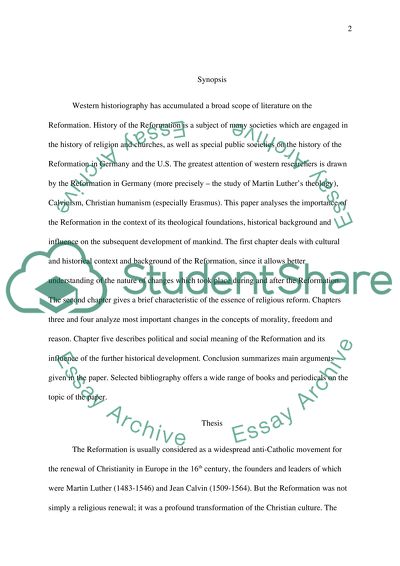Cite this document
(“Importance of the Reformation in Europe Research Paper”, n.d.)
Retrieved from https://studentshare.org/family-consumer-science/1419342-importance-of-the-reformation-in-europe
Retrieved from https://studentshare.org/family-consumer-science/1419342-importance-of-the-reformation-in-europe
(Importance of the Reformation in Europe Research Paper)
https://studentshare.org/family-consumer-science/1419342-importance-of-the-reformation-in-europe.
https://studentshare.org/family-consumer-science/1419342-importance-of-the-reformation-in-europe.
“Importance of the Reformation in Europe Research Paper”, n.d. https://studentshare.org/family-consumer-science/1419342-importance-of-the-reformation-in-europe.


